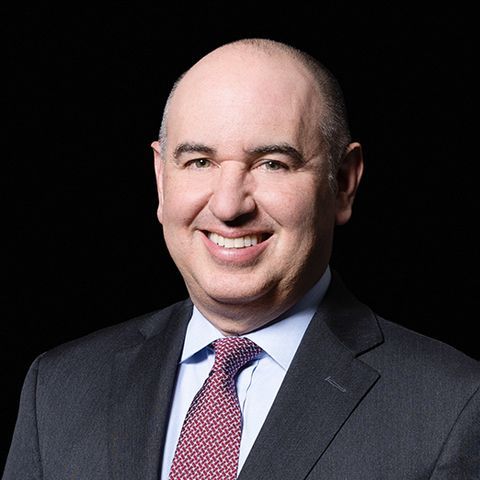Alerts
U.S. Department of Labor Proposes New Worker Classification Rule
October 21, 2022
On Oct. 11, 2022, the U.S. Department of Labor (“DOL”) issued a proposed rule that, if implemented, would update the test under the Fair Labor Standards Act (“FLSA”) for determining whether a worker is considered an employee or an independent contractor. The FLSA establishes employees’ (but not independent contractors’) rights to minimum wage and overtime pay.
The proposed rule attempts to return the test to the standard existing prior to its modification during the Trump Administration to focus on the degree of control workers have over their job duties and their opportunities for profit or loss. The proposed rule is likely to result in more workers being classified as employees rather than independent contractors.
In the Notice of Proposed Rulemaking, which is now open for public comment, the DOL concluded that the Trump-era approach did not adequately comport with the FLSA’s text and purpose, and was a departure from years of case law that applied the economic reality test.
Proposed Rule
The rule would establish a totality-of-the-circumstances economic realities test in which the ultimate inquiry is “whether the worker is economically dependent on the employer for work” (employee status) or “in business for themself” (independent contractor status).
The six factors under the proposed economic realities test are:
- Whether the worker’s managerial skill affect the worker’s opportunity for profit or loss;
- The degree of investments by the worker relative to the employer’s investments;
- The degree of permanence of the work relationship, which typically also involves considerations of exclusivity and whether the individual also works for other entities;
- The nature and degree of the employer’s control over the worker;
- The extent to which the work performed is an integral part of the employer’s business; and
- Whether the worker uses specialized skills to perform the work and whether those skills contribute to business-like initiative.
Additional factors beyond the six listed above may be relevant if they indicate that an individual is in business for themselves rather than economically dependent on the employer. The proposal represents a return to the longstanding totality-of-the-circumstances approach in which the factors do not have a predetermined weight and are considered “in view of the economic reality of the whole activity.”
The public has until Nov. 28, 2022 to submit comments on the proposed rule. After the comment period closes, the DOL has the opportunity to incorporate feedback into the final rule.
Other Tests
The IRS uses a multi-factor test for determining employee or independent contractor classification. The IRS characterizes the relevant factors into behavioral control, financial control and relationship of the parties.
In addition to federal regulation, employers must also comply with state and local standards for proper classification of workers as employees or independent contractors. Some states have established stricter standards than the federal test for determining whether a worker is an employee or independent contractor. New Jersey, for example, among other states, has adopted the “ABC” test which presumes a worker is an employee unless three requirements are met:
- The individual has been and will continue to be free from control or direction over the performance of work performed, both under contract of service and in fact; and
- The work is either outside the usual course of the business for which such service is performed, or the work is performed outside of all the places of business of the enterprise for which such service is performed; and
- The individual is customarily engaged in an independently established trade, occupation, profession or business.
New York City adopted the Freelance Isn’t Free Act in 2017, which aims to enhance protections for independent contractors by establishing the right to a written contract, timely and full payment, and protection from retaliation. The law applies to “freelance workers” who are defined as people who are “hired or retained as [] independent contractor[s] by a hiring party to provide services in exchange for compensation.”
Authored by Mark E. Brossman, Ronald E. Richman, Martin L. Schmelkin, Max Garfield, Scott A. Gold and Donna K. Lazarus.
If you have any questions concerning this Alert, please contact your attorney at Schulte Roth & Zabel or one of the authors.
This communication is issued by Schulte Roth & Zabel LLP for informational purposes only and does not constitute legal advice or establish an attorney-client relationship. In some jurisdictions, this publication may be considered attorney advertising. ©2022 Schulte Roth & Zabel LLP.
All rights reserved. SCHULTE ROTH & ZABEL is the registered trademark of Schulte Roth & Zabel LLP.








